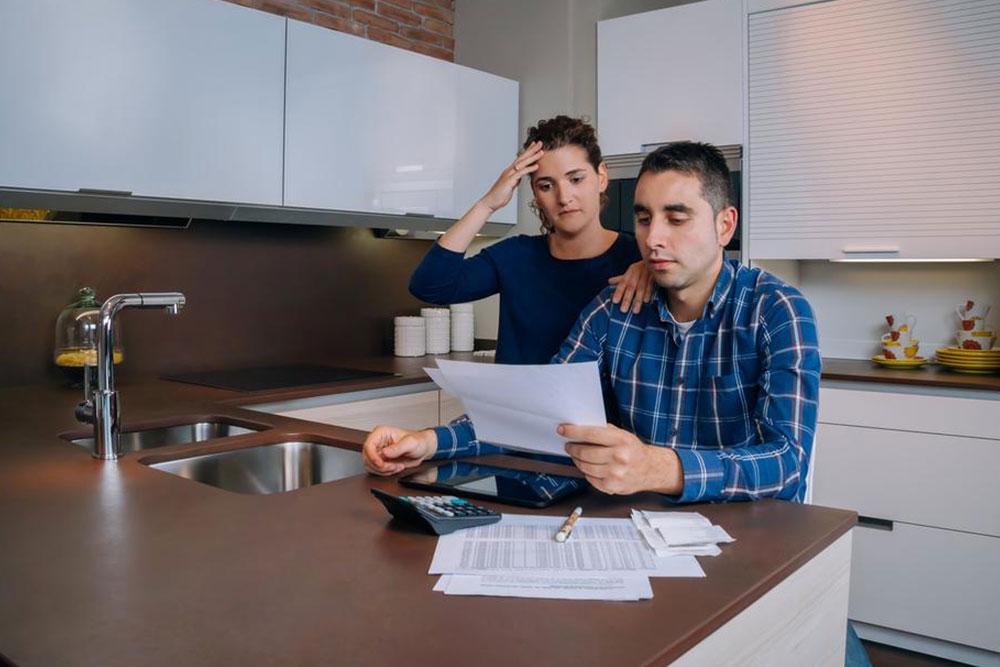Is Debt Relief Through Consolidation a Wise Choice?
This article explores debt consolidation options, including balance transfers, consolidation loans, and working with agencies, to help individuals manage and reduce their debt effectively. It emphasizes disciplined repayment and financial responsibility for long-term stability.

Is Debt Relief Through Consolidation a Wise Choice?
Depending on your total debts and income ratio, exploring debt relief strategies can be beneficial.
When should you think about consolidating debt?
If your outstanding credit card balances and bills are only a small part of your monthly income and you keep making payments, debt consolidation may not be necessary.
Debt consolidation simplifies payments by combining multiple debts into one. However, choosing a new loan solely for convenience isn’t advisable. Maintain good financial habits to stay debt-free.
If your debt-to-income ratio approaches 50%, consolidation could be a good option. You might secure a loan to pay off high-interest debts, leaving you with a single, manageable monthly payment.
Options for Debt Consolidation
Possible options include transferring balances to a zero-interest or low-interest credit card.
Custom debt consolidation loans, whether unsecured or secured, are also worth considering. Non-profit credit counseling services can assist in choosing suitable solutions.
Zero-Interest Balance Transfers
If you have high-interest credit card debt and a good credit score, you might qualify for a zero-interest transfer offer, often lasting several months up to a year.
It's crucial to pay off all balances during this promotional period. Extending beyond it could result in high interest rates—sometimes 13% to 27%—leading to increased debt. Limit credit card use and focus on rapid repayment. Once debt-free, avoid reverting to old habits like maxing out cards.
Unsecured Debt Consolidation Loans
If managing multiple bills becomes overwhelming, you can apply for a debt consolidation loan from banks or credit unions. While personal loans can help, loans specifically for consolidation might offer better terms.
Your credit score plays a role; good scores improve approval chances. Alternative private lenders may offer more lenient credit requirements but often with longer repayment periods, which can increase total interest paid. Discipline in repayments and expense management is vital. Timely payments can enhance your credit score over time.
Secured Loans for Debt Relief
Using assets like your home or retirement savings for a secured loan can help pay off debts. Ensure you can meet repayment obligations; failure could mean losing your collateral. Only pursue secured loans if confident in managing consistent payments.
Debt Relief Agencies
Another pathway involves working with debt relief agencies. Beware of scams—many operate fraudulently by promising benefits in exchange for upfront fees. Legitimate non-profit agencies analyze your debts, income, and expenses, negotiating with creditors to reduce interest or waive fees. They offer financial education and debt management plans to prevent future issues. Carefully evaluate options to choose the approach best suited to your circumstances. Consistent repayment and responsible financial behavior will help you regain stability.










